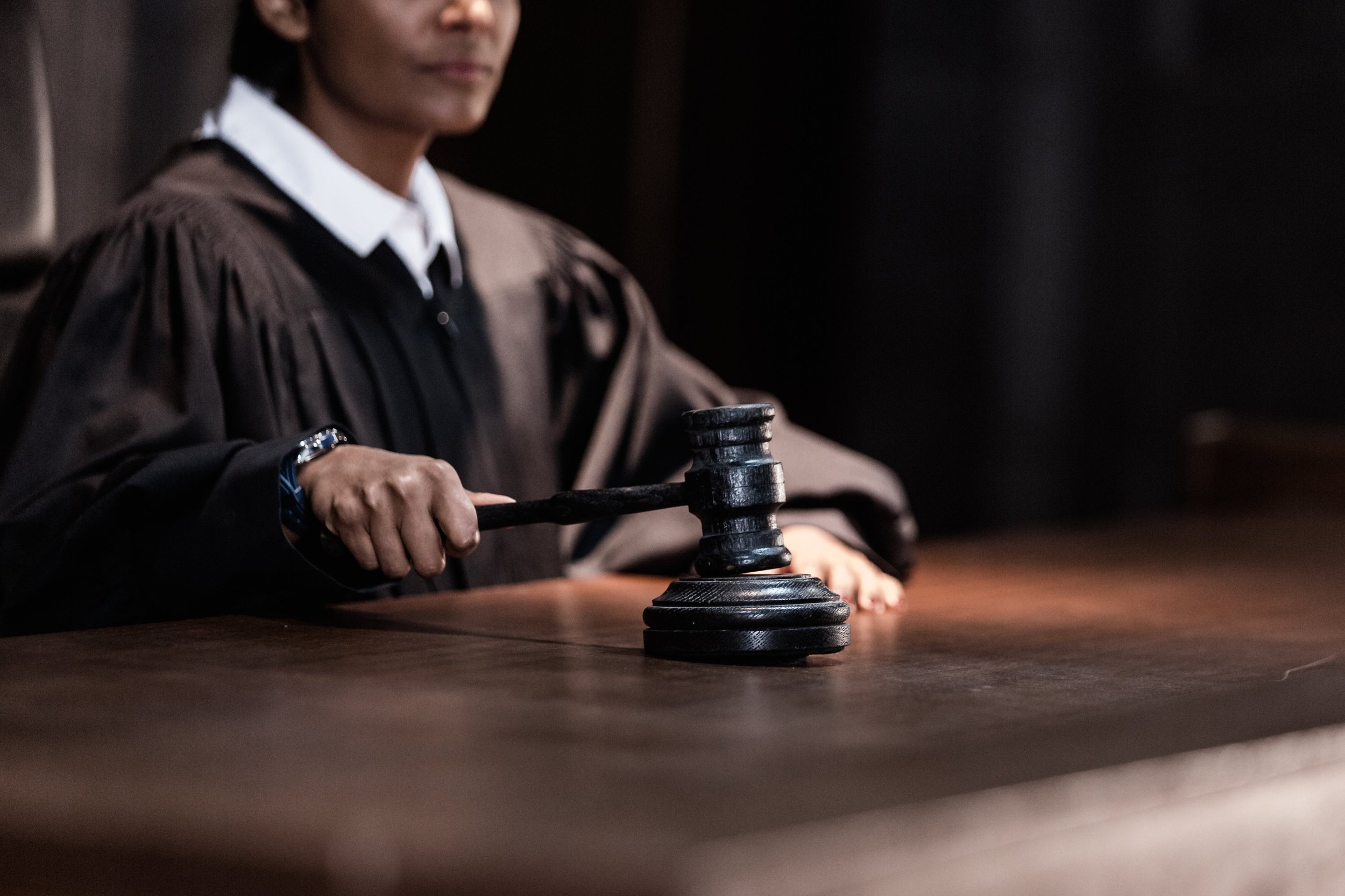
Restraining Orders
Denver Restraining Order Lawyers
Restraining Order Defense Attorneys with Over 60 Years of Combined Experience in Denver County, CO
A restraining order is a court order that prohibits a party from contacting another party. Restraining orders are often sought by individuals who have been victims of violent crimes, such as assault, stalking, and harassment. A restraining order can be temporary or permanent, depending on the circumstances of the case and the type of restraining order that was granted by the court.
Whether you have been the victim of a crime and have been granted a restraining order or you have had a restraining order filed against you, it is important to understand what the order says and what it prohibits. Denver Criminal and Injury Attorneys can help you understand your rights and the legal options available to you.
Schedule a Free Consultation
Criminal and Civil Restraining/Protection Orders
On many alleged Domestic Violence cases, there will be a separately brought civil restraining order case. These cases start with a request for a Temporary Restraining Order in which the Petitioner goes to the Court to request the Order and the Respondent is not involved or even initially notified. The cases then involve a request to make that TRO a PRO, or Permanent Restraining Order. This is when we generally get involved -- in the hearing to seek to keep that Temporary Order from being made a Permanent Order.
Understanding the Types of Restraining Orders in Colorado
When facing a situation that requires a restraining order, it's crucial to understand the different types available and how they can protect you. At Denver Criminal and Injury Attorneys, we guide you through the complexities of restraining orders to ensure you choose the right one for your circumstances. Here’s a brief overview of the main types:
Emergency Protective Orders: Issued in urgent situations to provide immediate protection, often without the presence of the accused.
Temporary Restraining Orders: These orders are granted for a short period, allowing time for a court hearing to determine if a longer-term solution is necessary.
Permanent Restraining Orders: After a thorough court hearing, these orders can last for several years, providing long-term protection.
Civil Restraining Orders: Typically used in cases of harassment, stalking, or domestic violence, these orders can help keep the perpetrator away from the victim.
Each type of restraining order serves a specific purpose and has different requirements for filing.
Restraining Order FAQs
-
It is possible to suffer severe consequences from a restraining order. You may be prevented from contacting the person who filed it, restricted from going where you want, and your children may lose custody or visitation rights. Criminal charges, fines, and jail time can result from violating restraining orders.
-
An experienced Denver restraining order defense attorney can analyze the evidence, gather witnesses, and present a strong argument on your behalf. They will ensure your rights are protected and challenge any false allegations to prevent an unjust ruling.
-
Yes, it is possible to request the court to remove or modify a restraining order if circumstances change or evidence proves the order is unwarranted. An experienced Denver restraining order defense attorney can guide you through this process.
-
A restraining order can show up on background checks and may impact your reputation and employment opportunities. For your record to be protected, you must fight to prevent or overturn the order.
Case Results
About Us
Vince Buckmelter
Buckmelter Law, LLC
J.Y. Kang
J.Y. Kang, PC
What Is a Restraining Order?
A restraining order can be issued by a judge when a person has been the victim of a crime. The purpose of a restraining order is to protect the victim from further violence or harassment by the perpetrator. A restraining order can prohibit a person from contacting the victim in any way.
These types of orders include:
Protective orders
No contact orders
Stay-away orders
Move-away orders
The court will grant a restraining order if it believes that the victim has a credible fear of harm. The restraining order will be issued in the form of a court order. The order will be filed with the court's records and will be enforceable by law enforcement officers. A restraining order will generally have a term of two years.
How Does a Victim Obtain a Restraining Order?
A victim of a crime can request a restraining order from the court. The victim must be able to prove that the perpetrator has committed a violent crime, such as assault, harassment, or stalking. The victim must also be able to prove that the perpetrator poses a threat to the victim's safety.
Can a Restraining Order Be Issued Against the Police?
A restraining order can be issued against law enforcement. For example, a victim of a crime may be fearful of the police officer who responded to the incident. If the victim has reason to believe that the police officer poses a threat to their safety, a restraining order may be issued.
What Are the Penalties for Violating a Restraining Order?
A restraining order is a court order. Therefore, it is a criminal offense to violate the order. A person who violates a restraining order is guilty of a misdemeanor. A person convicted of violating a restraining order can be sentenced to jail time and/or monetary fines.





